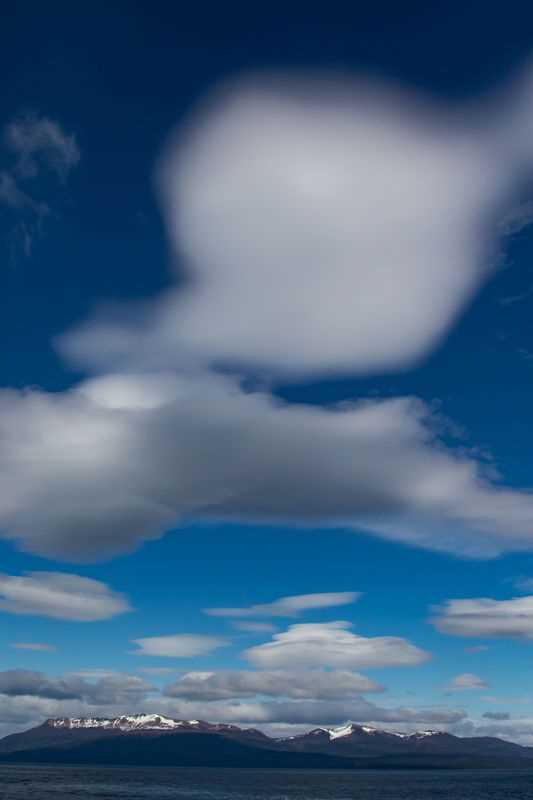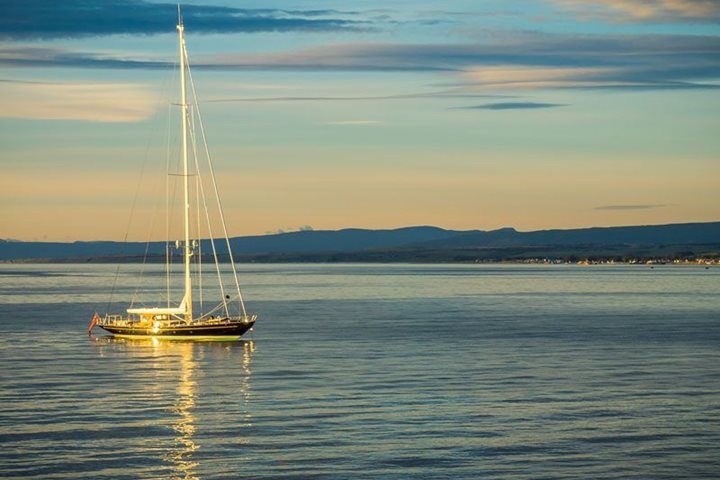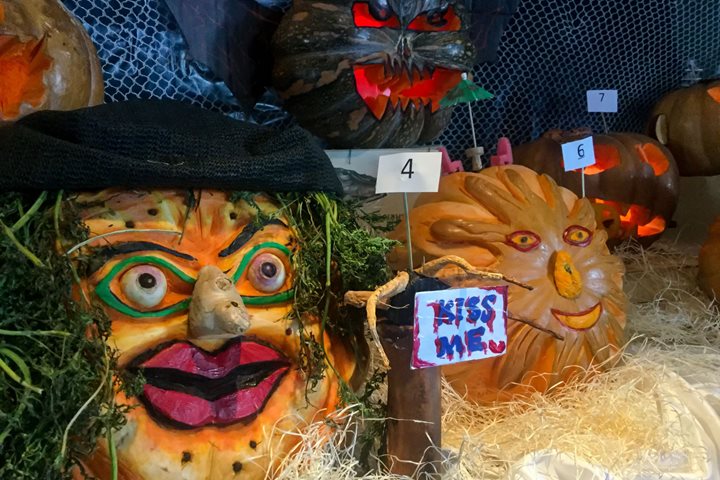This was the final day of an extraordinary voyage that has brought us some 6,762 nautical miles from Europe via Africa to Tierra del Fuego at the southern tip of South America. Today we departed
“Great store of strange birds which could not flie at all, nor yet runne so fast that they could escape us with their lives; in body they are less than a goose, and bigger than a mallard, short and thicke sette together, having no feathers, but instead thereof a certaine hard and matted downe; their beakes are not unlike the beakes of crowes, they lodge and breed upon the land, where making earthes, as the conies doe, in the ground, they lay their eggs and bring up their young; their feeding and provision to live on is the sea, where they swimme in such sort as nature may seeme to have granted them no small prerogative in swiftnesse, both to prey upon others and themselves, to escape from any others that seeke to seize upon them; and such was the infinite resort of these birds to these ilands, that in the space of a day we killed no less than 3000.”
Francis Drake passed through these waters in that year becoming the first man to successfully lead an expedition of circumnavigation, since Magellan was killed on the island of Cebu in today’s Philippines before completing the voyage. Drake became a Protestant hero to rival Columbus and Magellan in the English national imagination and his patron was Queen Elizabeth, the “Virgin” Queen. As a protestant she felt under no obligation to be bound by the Catholic Treaty of Tordesillas, of which Pope Alexander VI had divided the New World between the two rival Catholic powers of Spain and Portugal. Elizabeth was eager to establish her own colonies in the New World. To strengthen her claims her advisor, Dr. John Dee, leaked various “fake news” stories claiming that the Welsh (the Tudors were a Welsh dynasty as was he) had discovered America before Columbus and that Welsh vocabulary could be found amongst native peoples in the Americas, north and south. In Drake’s widely read account of his voyage World Encompassed (1628) he describes “birds that our Welsh sailors do call penguins.” This particular example has persisted to this day in respectable dictionaries where the etymology of “penguin” is still given as Welsh, pen meaning “head” and gwyn meaning “white.” Unfortunately for Dr. Dee, who had never seen a penguin, they have black heads; the true etymology derives from the Latin word for “plump” or “fat,” for these birds were considered a delicacy by hungry sailors.








